Marry My Dead Body – Cast and Plot
“Marry My Dead Body” is a blend of queer and police investigation elements, overall it is a comedy film. Even though there are elements of ghost marriage and the supernatural in the plot, it is not scary at all (the ghosts in the movie are actually quite adorable). The screenwriter and director have crafted the concept of ghost marriage into a heartwarming storyline that emphasizes emotions and fate between people.
This film incorporates various elements such as fantasy, paranormal activity, and LGBT issues, making it very rich in content. I think the production quality of “Marry My Dead Body” is excellent. It portrays the differences, conflicts, compromises, understanding, and acceptance between straight men and gay men with great storytelling.
In addition to that conflict-driven narrative, there is also a touching family relationship subplot which brings about a perfect conclusion to “Marry My Dead Body”, presenting an extraordinary film that is both crazy and thought-provokingly warm.
In the movie “Marry My Dead Body,” the lead actors are Greg Hang Hsu, Po-Hung Lin, and Gingle Wang. They are familiar faces in Taiwanese dramas and films (even the supporting roles). I really like the casting choices in “Marry My Dead Body” because usually when I watch Taiwanese dramas, I’m afraid of awkward dialogue. But this film has great actors who deliver excellent performances and have natural chemistry. They really understand the director’s intentions and bring out the humor in certain subtle moments. The comedic chemistry is also hilarious!
The plot of “Marry My Dead Body” revolves around Wu Ming-han, a detective with a severe fear of homosexuality and strong prejudice against gay people. After accidentally picking up a red envelope for ghost marriage, he discovers that he has become the husband of a gay male ghost named Mao-mao.
In order to quickly get rid of this ghost marriage situation, Wu Ming-han decides to solve the hit-and-run case involving Mao-mao’s death while uncovering its connection to an ongoing drug trafficking investigation pursued by his police department.
Marry My Dead Body 2022 Movie Review
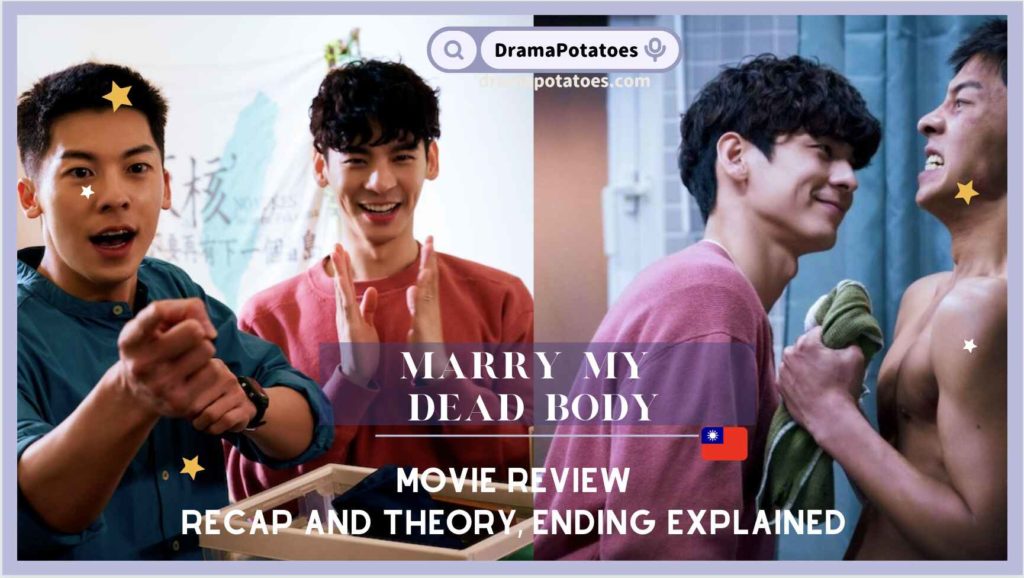
Marry My Dead Body – Director’s Techniques
“Marry My Dead Body” has a solid plot. Although the overall storyline is simple, each scene revolves around “Mao-mao’s gay wish” and the “fugitive, drug lord case.” The scriptwriter and director have ingeniously intertwined these two storylines without any sense of inconsistency.
They have also incorporated elements such as ghost marriage, homophobia, and LGBTQ+ bravery. I really appreciate how the director portrays LGBTQ+ elements with boldness and precision. The gay jokes are well-balanced and never make one feel uncomfortable. Especially in terms of more risqué humor, I was pleasantly surprised by how many funny moments were created through the storytelling and directing.
Moreover, I absolutely love how swiftly the director transitions between different atmospheres. Sometimes it can shift from a serious police chase to a hilarious mishap (like when the car gets stuck at an accident-prone spot during a high-speed chase). Other times it seamlessly transforms from lightheartedness to several terrifying scenes (such as when Mao-mao forces Wu Ming-Han to call him husband).
There are also instances where it switches from horror to playful cuteness (like when Wu Ming-han sees Mao-mao reappear in the bathroom mirror – initially scary but then unexpectedly funny 😂). And let’s not forget about how cleverly the term “Groom No. 0” was used by the screenwriter! The director truly excels at handling these atmospheric shifts!
I also love the cinematography, lighting effects, and most importantly, the music in “Marry My Dead Body”. The director’s skill in creating atmosphere is remarkable. The atmospheric setting of key scenes showcases the director’s ability to handle different types of situations, such as the thrilling car chase and the eerie feeling of a ghost wedding ceremony. The scene during the ghost wedding ceremony is particularly striking with its vibrant and heavy color tones, emphasizing the mysterious atmosphere and traditional ritual ambiance.
In terms of storytelling structure, the director adopts a non-linear approach by first presenting an overview of the story framework before filling in with a poignant family storyline at the end to create a perfect emotional conclusion. The director effectively captures the essence of each scene and does not waste a single minute, as mentioned earlier.
In terms of the music, “Marry My Dead Body” extensively incorporates Jolin’s songs, such as “Dancing Diva” and “Bravo Love”. As soon as the melodies start playing, I can’t help but start dancing 😂. This is Jolin’s second collaboration with director Cheng Wei-hao in this film. Taiwanese audiences should be familiar with Jolin as a representative figure of LGBTQ+ culture.
In her past song “We’re All Different, Yet The Same“, she emphasized the challenges faced in same-sex marriage and relationships. Therefore, for the theme song of “Marry My Dead Body”, the director invited Jolin to produce it, making it a prequel story for the movie. This is a brilliant idea, especially since Jolin wrote this song called “Untitled”, symbolizing finding the most comfortable ideal state within this undefined relationship.
“Marry My Dead Body” also embodies this concept throughout its plot and final outcome. It emphasizes the many external definitions, denials, hurts, and confrontations that queer individuals face on their journey of love and relationships.
Their desire for self-gender identification is so delicate and cautious. Just like Mao-mao said in the story: “I just want to find someone who can love me and live an ordinary life.” Queer individuals simply want to find their most comfortable state of being.
Marry My Dead Body – Understanding between Gay Men and Straight Men
“Marry My Dead Body” has a significant focus and an important element, which is the “queer” element. In the storyline of Wu Ming-han and Mao-mao, the director emphasizes the differences between straight men and queers (the soap-picking scene is really funny 😂).
The director presents these differences in a humorous way but also effectively expresses the gap in thoughts between queers and straight men with tension in the drama. However, because of these gaps, misunderstandings, barriers, and lack of understanding arise.
From the beginning of the film, Wu Ming-han constantly complains about how disgusting gay men are. However, through delicate portrayal by the director in their interactions, Wu Ming-han’s thoughts gradually align with Mao-mao’s. But this alignment means that “Wu Ming-han understands Mao-mao’s thoughts.”
In “Marry My Dead Body,” there are arguments and sparks between Wu Ming-han and Mao-mao revolving around queer coming out troubles and gender identity issues. Through Wu Ming-han’s exploration of Mao-mao’s past, audiences will realize that queers silently endure bitterness and pressure when facing such troubles. The helplessness displayed by Mao-mao is evident in that car accident scene because he doesn’t have someone to confide in; he can only find ways to digest those emotions on his own.”
I really like the director’s portrayal of Mao-mao in “Marry My Dead Body”, giving the character many opportunities to express their thoughts. I feel that this is a letter from the director to the audience, inviting them to understand the perspectives of queer individuals and listen to their inner voices.
This film serves as a reflection on society, as the writer and director cleverly use Wu Ming-han’s character not only to depict someone who fears homosexuality but also symbolize those in society who cannot or refuse to understand queer individuals. The internal growth and transformation of Wu Ming-han are crucial elements in this film.
From initially resisting Mao-mao, to witnessing Mao-mao’s emotional pain, and finally being willing to sit down and listen to Mao-mao’s thoughts, the director gradually guides Wu Ming-han towards accepting Mao-mao’s perspective.
In the ending of “Marry My Dead Body,” I find it beautiful because the screenwriter and director managed to create a sense of distance between Wu Ming-han and Mao-mao. Are they lovers? Can we say that Wu Ming-han, this straight guy, has been bent? The director intentionally leaves an ambiguous veil over their relationship.
What the screenwriter and director want to emphasize is that their connection goes beyond societal roles and gender expectations. In “Marry My Dead Body,” the director chooses not to depict any intimate relationship between them but instead highlights their emotional bond, which grows stronger through spiritual alignment.
They also acknowledge each other’s existence (as seen when Wu Ming-han refers to Mao-mao as his husband in the ambulance scene, symbolizing his recognition of Mao-mao’s significance). This is what the director wants to emphasize – a love based on understanding where one sincerely accepts and embraces emotions. Such love transcends gender; it is unconditional love.
Marry My Dead Body – The Courage of the LGBTQ+ Community towards Marriage
“In the past, we used to live in the present moment until same-sex marriage was legalized, and only then did we realize the concept of a lifetime.”
“Marry My Dead Body” portrays how difficult it is for “family” to accept the issue of same-sex marriage. I really like the storyline between Mao-mao’s father and Mao-mao. The director depicts the generation gap between parents and children very well, even bringing out a surprising twist at the end!
There is regret between Mao-mao’s father and Mao-mao because they had a big fight over the same-sex marriage issue. Based on this consequence, the screenwriter-director brings out Mao-mao’s father’s remorse, his guilt towards Mao-mao, and his unpreparedness as a father facing his queer son.
Tuo Zonghua’s portrayal of Mao-mao’s father is truly powerful; he embodies a classic traditional type of father. What I love most is how he becomes at loss when faced with his son being queer, especially in that scene where he buys an extra oyster pancake for Jiahau. This scene shows his desire as a father to take that step forward and accept his son’s love.
The director emphasizes on highlighting the complexity within Mao-mao’s father’s inner world. The unresolved misunderstanding between him and Mao-mao represents a common parent-child relationship issue in many families – estrangement often exists within these misunderstandings.
His lack of eloquence becomes an obstacle to communication with his child, creating a gap between them; hence why there are significant misconceptions from both sides. In “Marry My Dead Body,” when Mao-Mao’s dad reveals everything about what happened and expresses his true thoughts to Wu Ming-han at the end, only then does Mao-Mao feel her dad’s “unconditional love.”
Through this miscommunication between father and son, the director highlights how difficult it can be for queer individuals to come out and seek understanding from their families, emphasizing the courage required by queer individuals when facing their own families.
I really like the ending of “Marry My Dead Body” where Wu Ming-han becomes an important mediator. Throughout the movie, Wu Ming-han finally understands Mao-mao’s queer perspective and helps Mao-mao’s father find redemption as an objective character. In the end, we can see that love can be unconditional, but often misunderstandings arise due to stereotypes, labeling, refusal to understand, and refusal to listen.
“Marry My Dead Body” prompts viewers to reflect on the fact that love and emotions can take many different forms. A relationship is not confined by established norms; love can transcend race, gender, age. Ultimately, finding comfort in a relationship is what matters most when it comes to love.
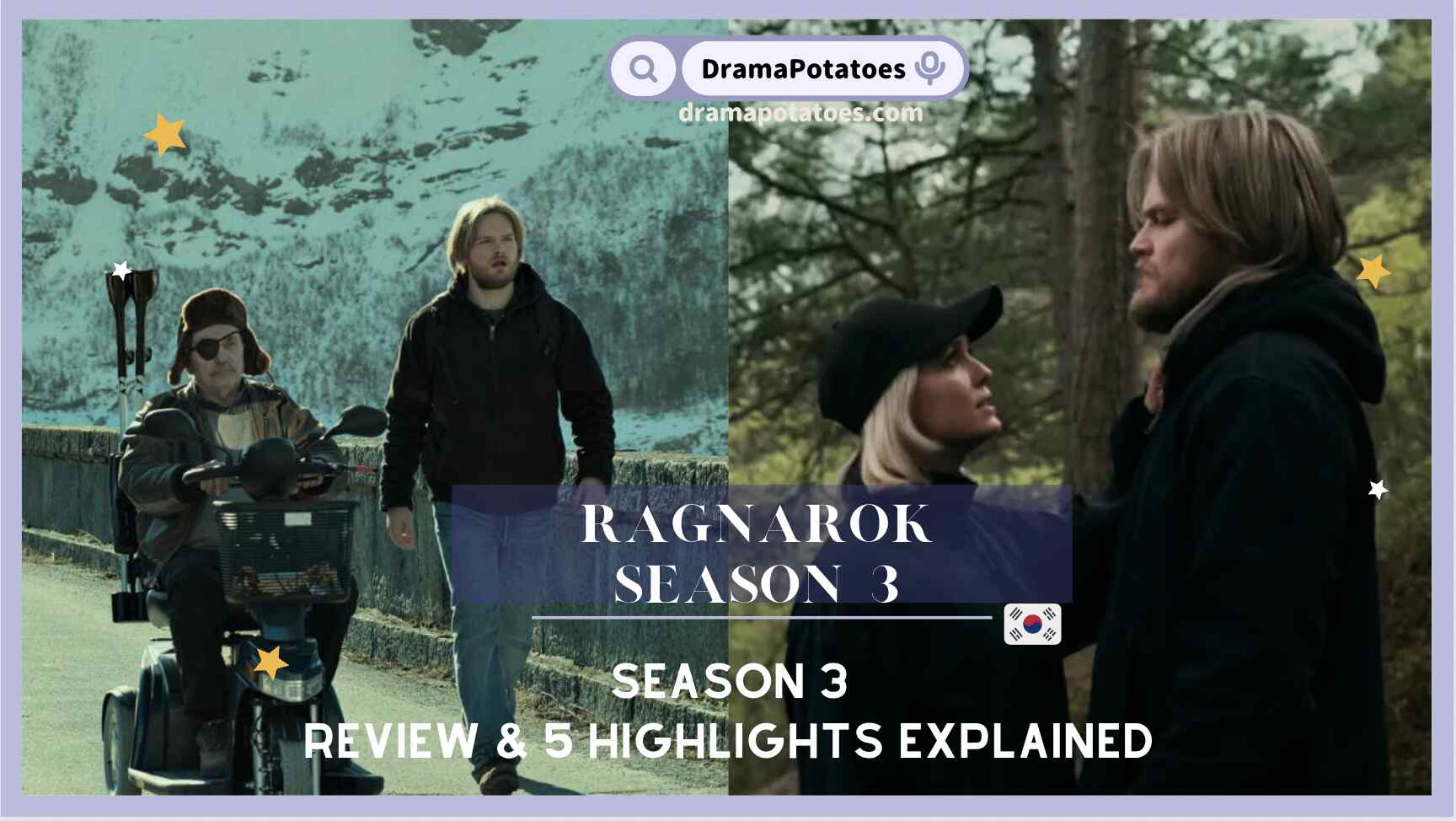




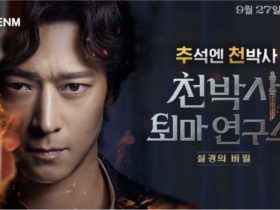










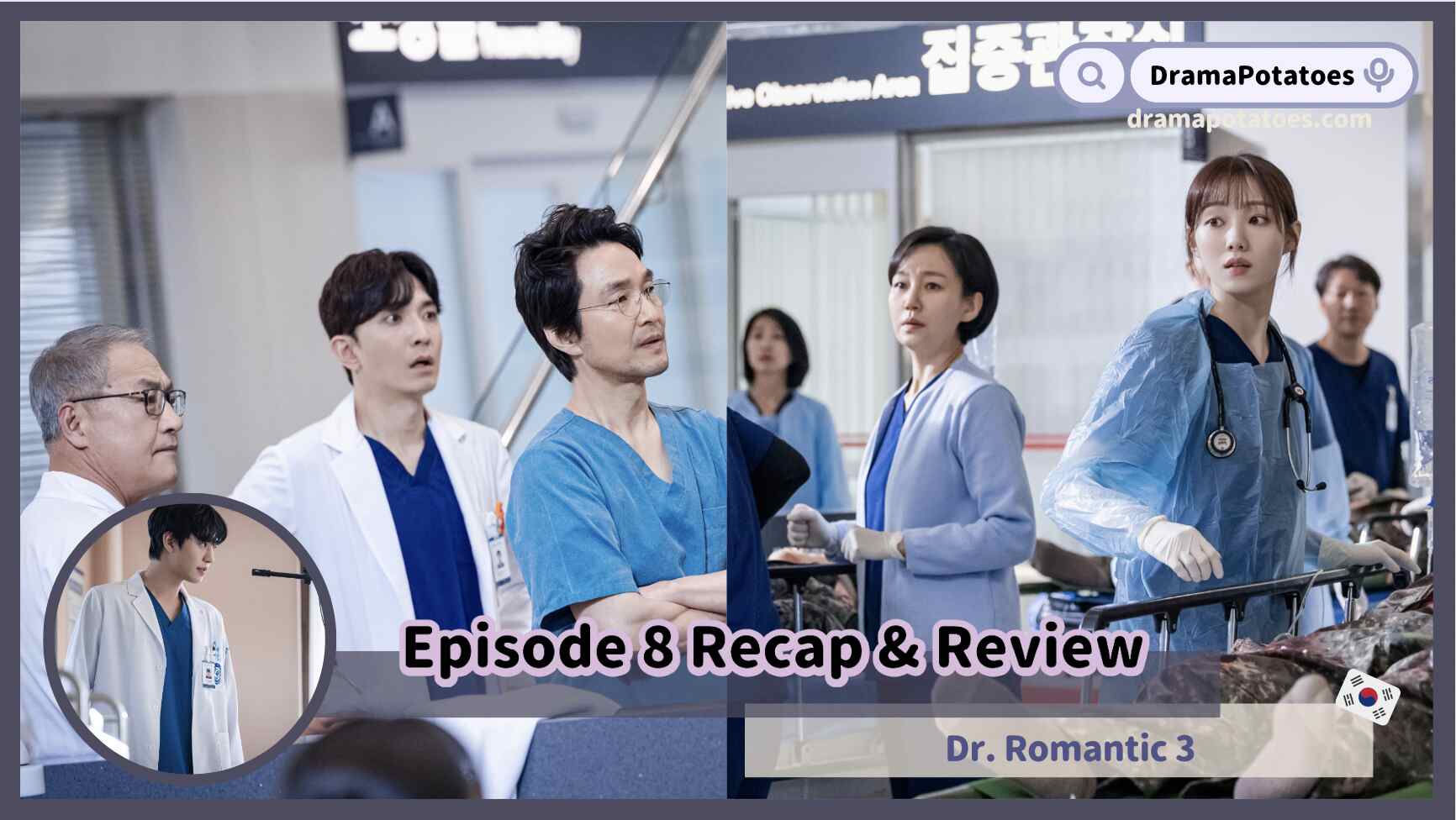


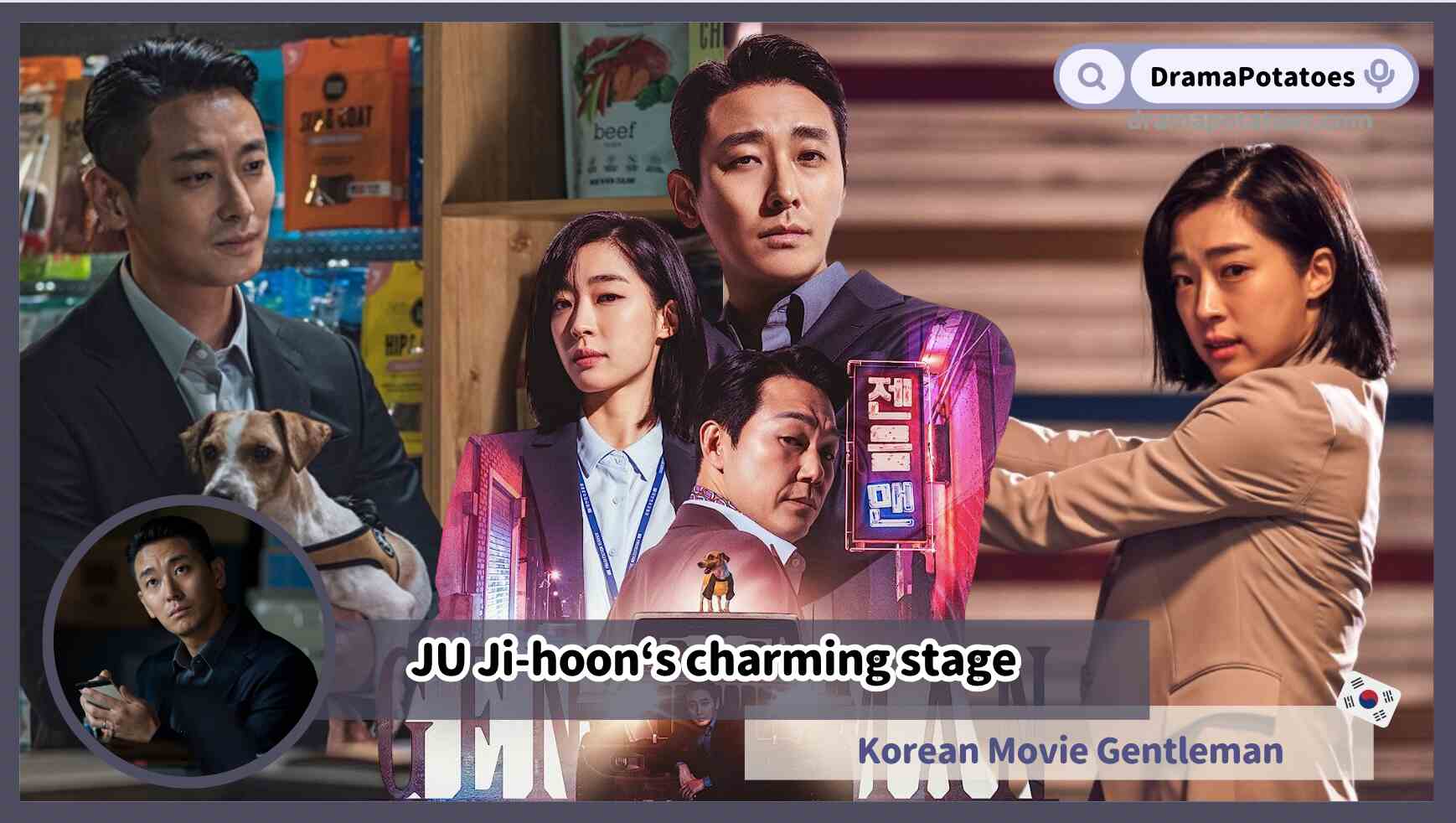

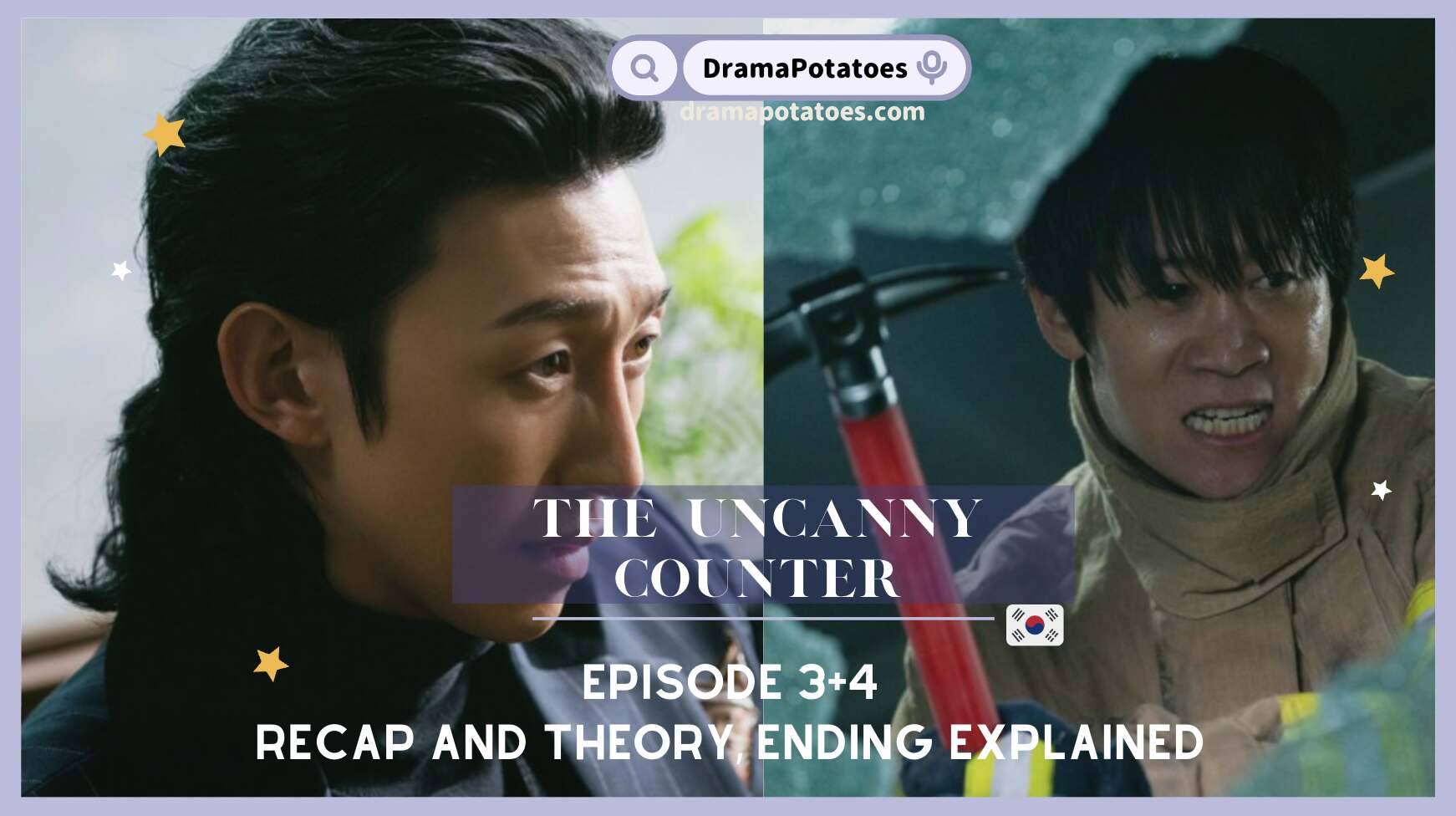

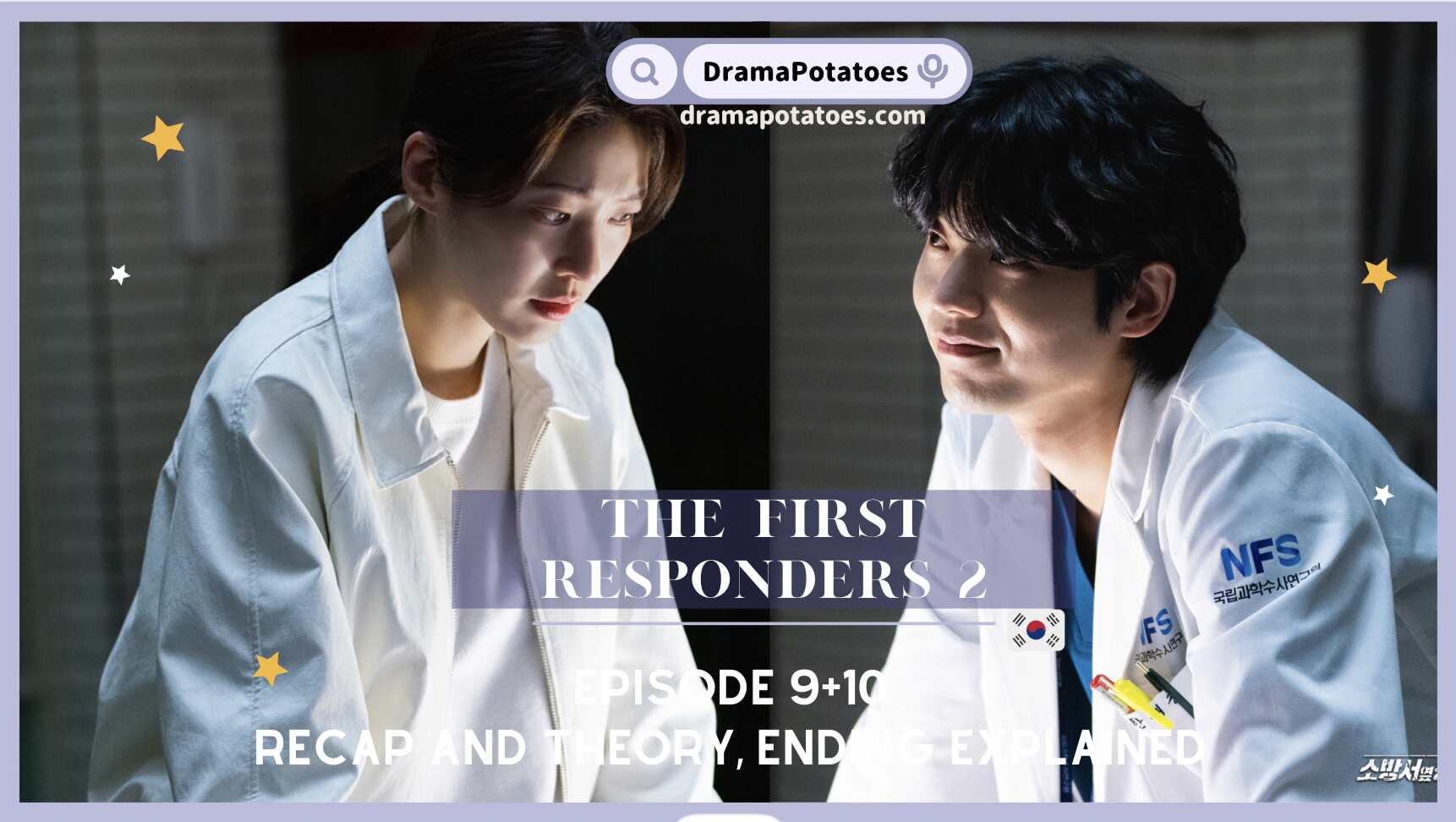
FIND US ON SOCIALS